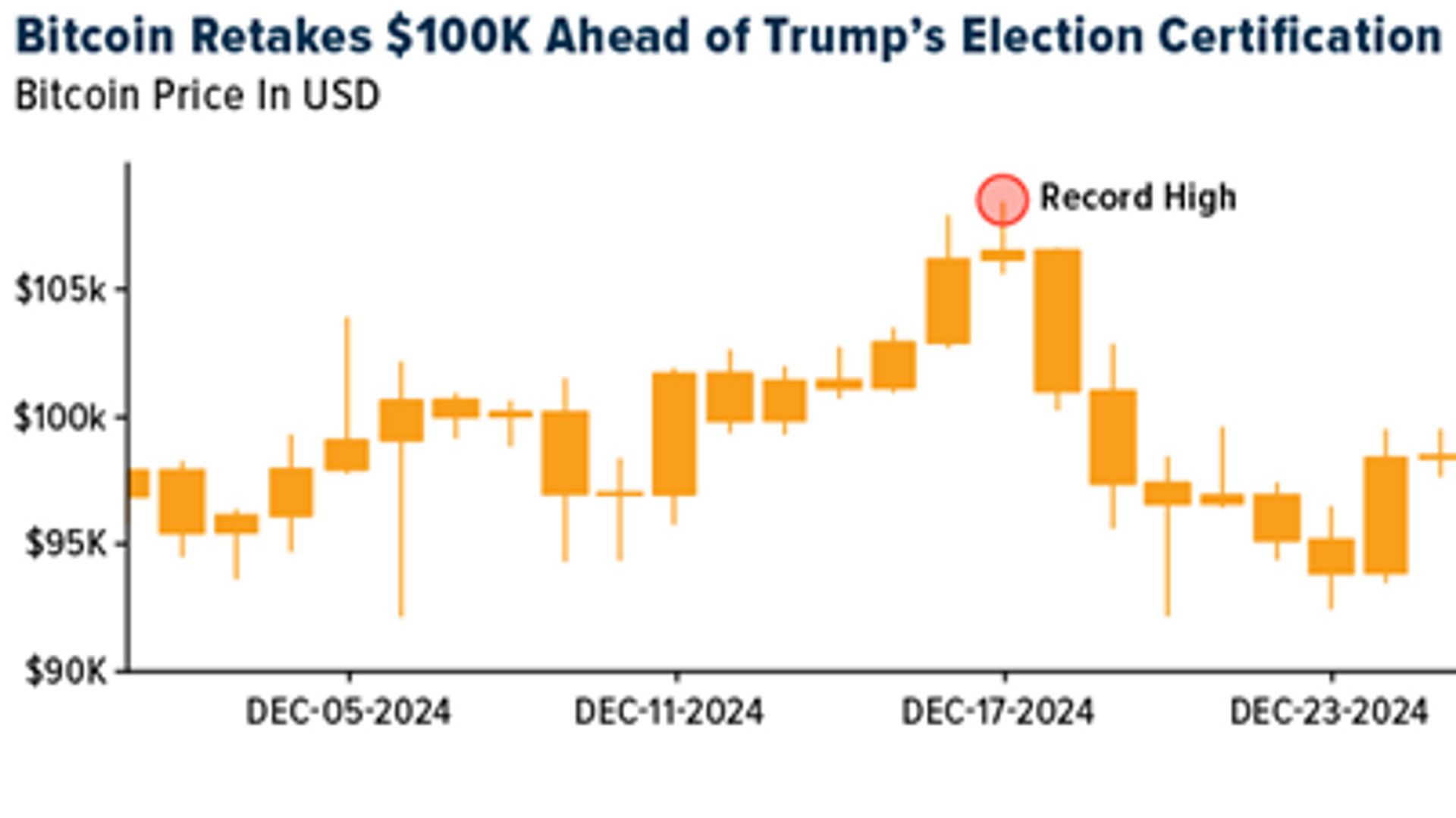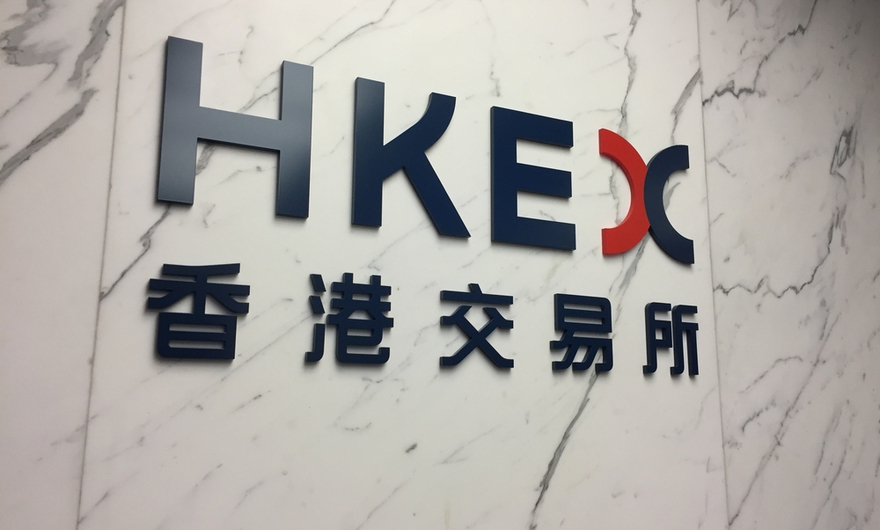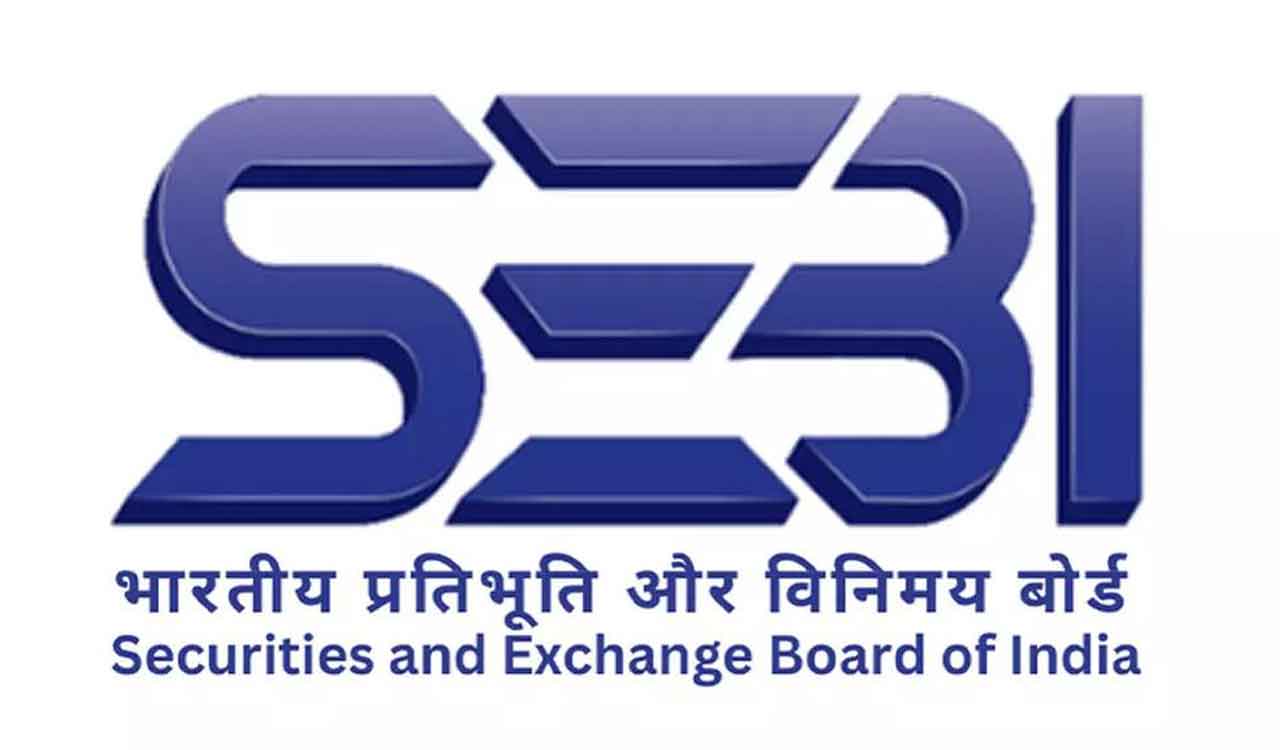MUMBAI: The Securities and Exchange Board of India (SEBI) is working to further improve the system, including risk management and the ease of doing business, for trading activities in the derivatives segment, according to a SEBI official who ruled out any plans to impose additional curbs or restrictions on derivative trading.
An expert group under G Padmanabhan, a former executive director of the Reserve Bank, is working on bettering the system, and some moves on ease of doing business and better risk management are being mulled, said SEBI’s whole-time member Ananth Narayan at an event organised by its National Institute of Securities Market in Mumbai on Saturday.
“At this point in time, there is no thought of Sebi taking any further steps in this (derivatives) particular regard. SEBI is not planning any steps on the suitability and appropriability that will determine who can trade in the derivatives space, Narayan said in response to a volley of questions on derivative trading.
SEBI had in November imposed a set of restrictions to curb the highly speculative trades in the futures and options market after data pointed out that as much as 93 percent of retail investors lost heavily from trading in derivatives space over the past three years.
The measures included a fivefold increase in lot size, limiting the expiries to once a week on each exchange among others. Making it clear that Sebi has nothing against derivatives and that they help in price discovery and deepening the market, Narayan assured that any changes will be introduced only after consultations.
Some of the measures being discussed within the market regulator include steps to better measure risk in the derivatives market, he said.”What you need ideally is that volumes in the cash market should be liquid, and there should be depth in the market. Likewise, volumes in the derivative market should also have depth,” he explained, adding it is important to make sure that there is some kind of connectivity in the liquidity of the two markets.
“What is very clear to us is the current way of measuring open interest as notional of futures and notional of options is simply not right. It gives a very, very wrong picture, and there is a need to debate how we move forward into a more meaningful metric,” he said.
Narayan said the Sebi is also considering linking market-wide position limits to delivery volumes. Linked to the same, it is considering a revision of index training limits imposed during the Covid to control volatility, he said.
Besides. the market watchdog is also looking at the question of having indices with futures and options with very high concentrated weightings of some specific stocks from a perspective of ensuring trust in the system, Narayan added.
“Often in social media, we hear murmurs that something wrong is happening, especially in index trading. That there is some manipulation happening in the cash market, which is leading to some kind of activity in the derivative markets, and overall, it is creating…either huge volatility or no volatility and that it is being done as a manipulation for some people to profit,” he said.
One of the questions Sebi is grappling with is whether there should be restrictions on how much weightage the top stock or the top three stocks have in the F&O indices.










Leave a Reply